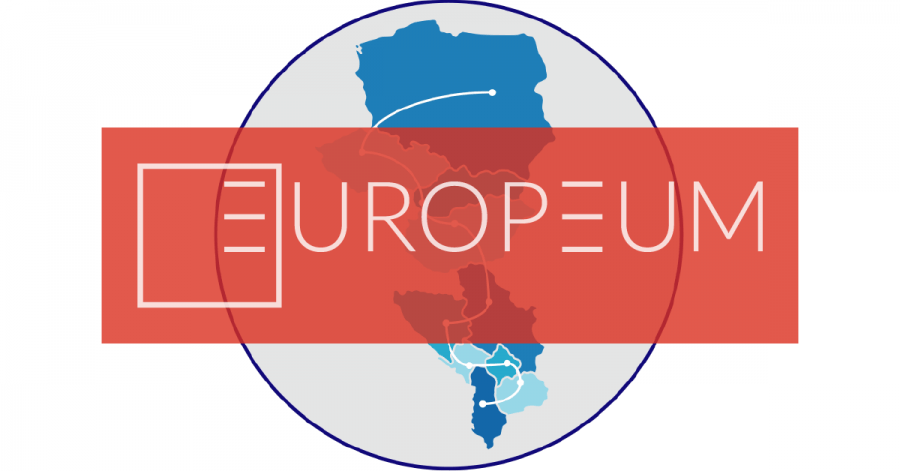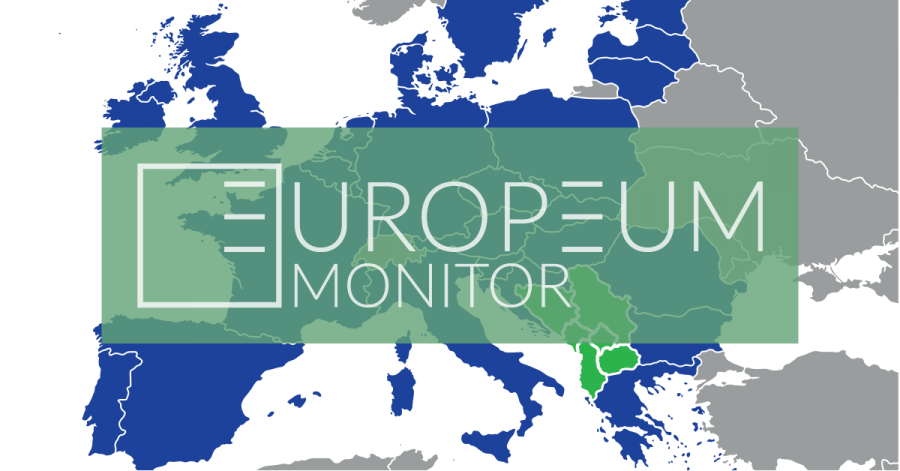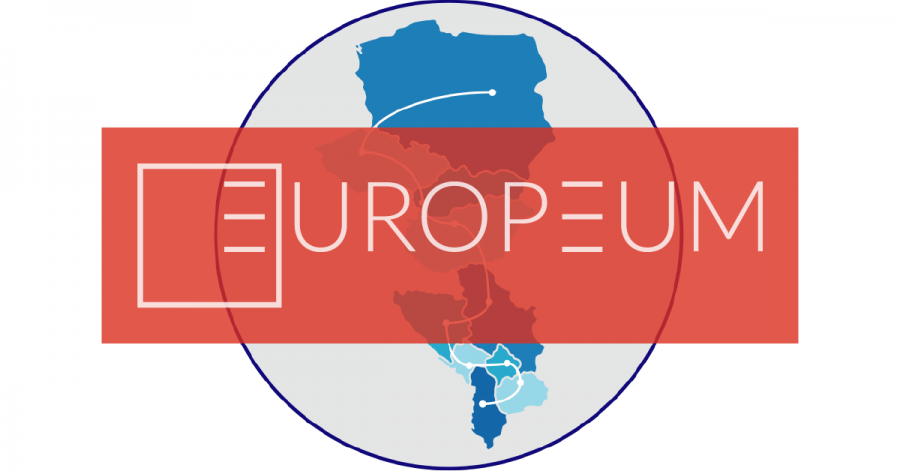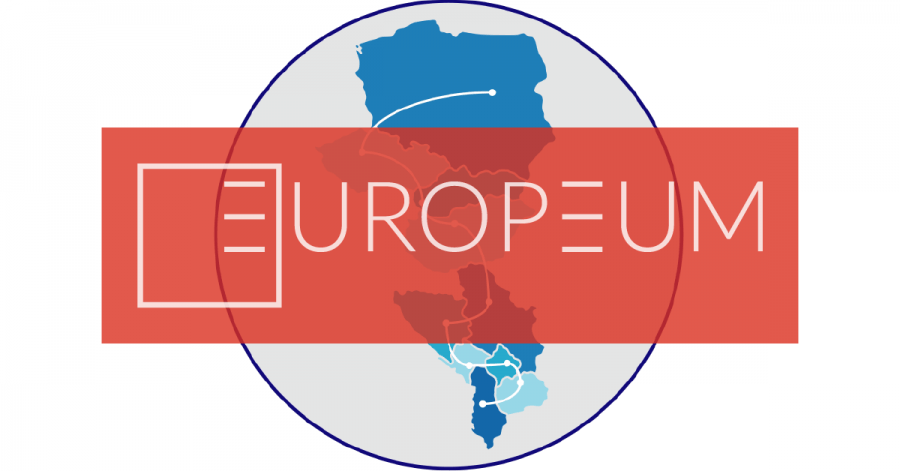POLICY PAPER: Slovensko-Maďarské usmíření a lekce pro západní Balkán

- Slovak-Hungarian relations have constantly been the most sensitive in the V4. The relationship between Slovakia and Hungary was problematic already in the 1990s even though the fall of communist regimes in Central Europe and the prospects of integration in Euro-Atlantic structures promised the possibility of a new era of reconciliation.
- It became evident that membership on multi-lateral platforms - like the EU or V4 - alone could not be the panacea solving all problematic issues between Slovakia and Hungary as tensions continued to be exacerbated after the EU accession while V4 cooperation deliberately avoided sensitive bilateral issues.
The parliamentary elections in Hungary and Slovakia in 2010 changed the political situation and overall climate in both countries. However, it can be argued that the improvement in bilateral relations is based more on the changed rhetoric and style of communication than on a real reconciliation process. Additional political will and maintenance of a consensual approach remain necessary preconditions for solving existing problems and dismantling deeply rooted ethnic stereotypes which arise from different and selective historical narratives, collective memory and changing the status quo.
In the first part, the paper provides abrief overview of the most problematic issues in Slovak- Hungarian bilateral relations in the context of last thirty years. Secondly, various governmental initiatives and non- governmental reconciliation efforts are evaluated. Finally, the paper aims to summarize the most important prerequisites for the future development of Slovak- Hungarian relations and offers some lessons learned, as well as recommendations for Western Balkan countries.
Celý Policy Paper si můžete stáhnout pomocí tlačítka PDF.




